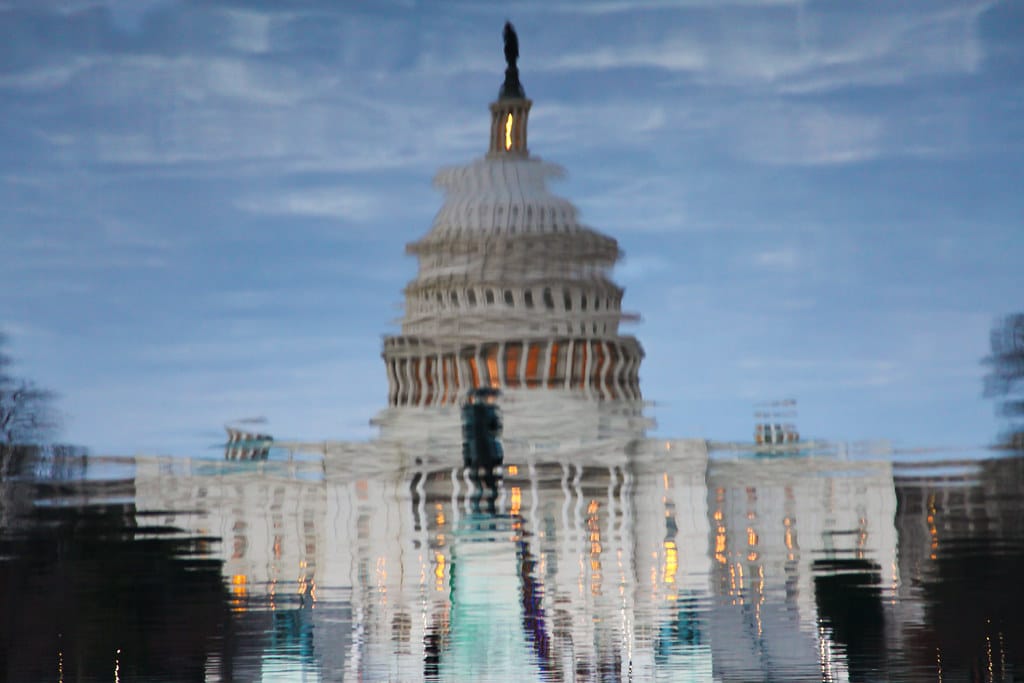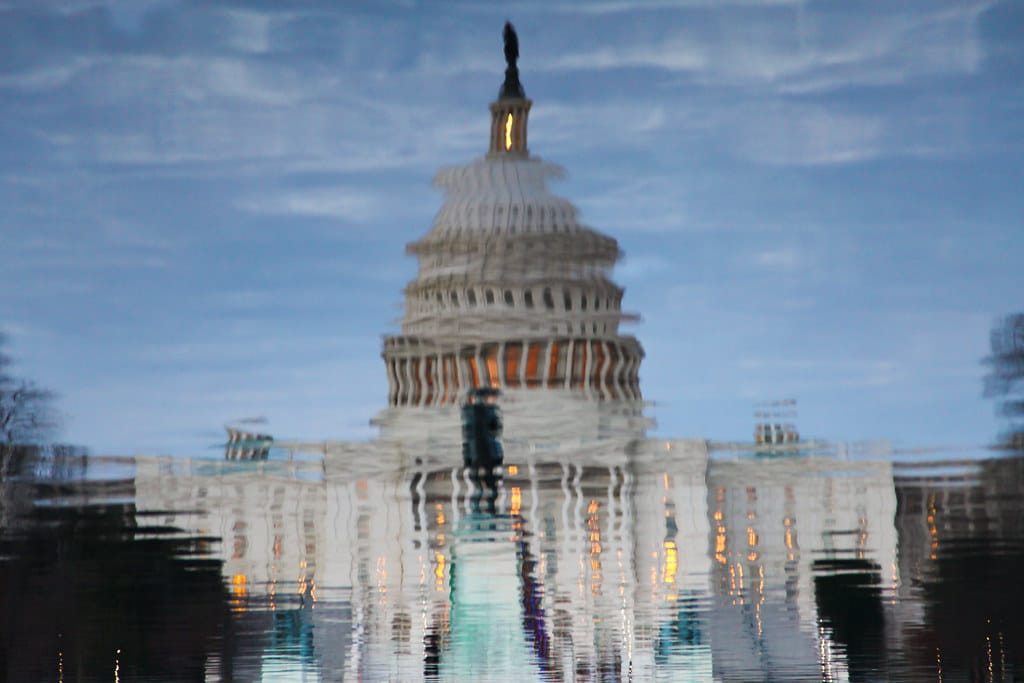OpenAI Offers ChatGPT to US Federal Agencies for Just $1 Per Year
In a groundbreaking move that could reshape how the federal government operates, OpenAI has announced an unprecedented deal to provide ChatGPT access to US federal agencies for the symbolic price of $1 annually. This dramatic pricing strategy signals a major shift in the relationship between cutting-edge AI technology and government operations, potentially accelerating the adoption of artificial intelligence across federal departments while raising important questions about data security and technological dependence.
A Game-Changing Partnership
The offer represents a stark departure from typical government technology contracts, which often run into millions of dollars. By pricing ChatGPT at essentially free for federal use, OpenAI is positioning itself as the de facto AI partner for the US government, potentially influencing everything from administrative tasks to policy research and citizen services.
This move comes at a time when federal agencies are under increasing pressure to modernize their operations and improve efficiency. The Biden administration has made digital transformation a key priority, with agencies seeking ways to streamline bureaucratic processes and enhance service delivery to citizens.
What This Means for Federal Operations
Administrative Efficiency
Federal agencies could leverage ChatGPT for a wide range of administrative tasks, from drafting correspondence and summarizing lengthy documents to generating initial policy briefs and handling routine citizen inquiries. The Department of Veterans Affairs, for instance, processes millions of benefit claims annually – AI assistance could significantly reduce processing times.
Cost Savings and Resource Allocation
Traditional government software contracts are notoriously expensive and time-consuming to negotiate. The General Services Administration typically spends months vetting technology solutions, with enterprise software licenses often costing hundreds of thousands or millions of dollars. OpenAI's $1 pricing effectively removes cost as a barrier, allowing agencies to redirect resources toward implementation and training rather than licensing fees.
Enhanced Citizen Services
Government websites and helpdesk services could integrate ChatGPT to provide 24/7 assistance to citizens navigating complex federal services, from tax questions to immigration processes. This could dramatically improve the user experience when interacting with federal agencies.
Security and Oversight Concerns
Despite the attractive pricing, this partnership raises significant questions about data security and government dependency on private AI systems. Federal agencies handle sensitive information ranging from national security intelligence to personal citizen data, making cybersecurity paramount.
The deal will likely require extensive vetting by agencies including the Department of Homeland Security's Cybersecurity and Infrastructure Security Agency (CISA) and compliance with frameworks like the Federal Information Security Management Act (FISMA). OpenAI will need to demonstrate robust data protection measures and likely agree to specialized government cloud hosting arrangements.
Congressional oversight committees are expected to scrutinize the arrangement, particularly given concerns about AI bias, accuracy, and the potential for foreign influence in AI development. Recent hearings on AI governance suggest lawmakers will demand transparency about how the technology makes decisions and handles sensitive information.
Strategic Implications
OpenAI's aggressive pricing strategy serves multiple business objectives beyond immediate revenue. By embedding its technology deeply within federal operations, the company positions itself as an indispensable partner to the US government, potentially creating switching costs that extend far beyond the $1 annual fee.
This move also strengthens OpenAI's competitive position against rivals like Google's Bard, Anthropic's Claude, and emerging government-focused AI solutions. Establishing a beachhead in federal agencies could provide valuable case studies and refinements that enhance OpenAI's enterprise offerings to private sector clients.
The Road Ahead
The success of this partnership will largely depend on implementation and governance. Federal agencies will need to develop comprehensive AI usage policies, train staff on appropriate applications, and establish oversight mechanisms to ensure responsible deployment.
Early adopting agencies will likely serve as testbeds for broader federal AI integration, with their experiences shaping future policy and procurement decisions. The Office of Management and Budget's recent AI governance guidelines will play a crucial role in ensuring consistent, responsible implementation across agencies.
Conclusion
OpenAI's $1 federal pricing offer represents a pivotal moment in government technology adoption. While the near-free access removes traditional cost barriers and could drive significant operational improvements, it also creates new challenges around security, oversight, and long-term technology dependence.
The true test will be whether federal agencies can harness this powerful technology responsibly while maintaining the security and accountability standards that government operations demand. If successful, this partnership could serve as a model for how innovative private sector solutions can enhance public service delivery in the digital age.

